People never remember,family Archives or care, who wrote a news story they read. But they really care who shared it on Facebook.
Americans will trust that the story they read isn't fake news if it's shared by someone they trust, according to a new report from the Media Insight Project.
"People who see an article from a trusted sharer, but one written by an unknown media source, have much more trust in the information than people who see the same article that appears to come from a reputable media source shared by a person they do not trust," the report said.
SEE ALSO: Supreme Court weighs a constitutional right to social media accessThe Media Insight Project, a collaboration between the American Press Institute and the Associated Press-NORC Center for Public Affairs Research, made a fake version of Facebook for 1,489 people. Those people saw the same stories, but the source of the reporting and the person who shared it varied. Participants answered questions about how much they trusted the news.
The stories, mostly about health, were attributed to the fake DailyNewsReview.com or the AP. But that didn't matter as much as who shared it.
To gain trust, the story didn't have to be from a user's own friend or family member. Participants saw stories shared by Oprah. And if they trust Oprah, they were more likely to think the story got the facts right, had diverse points of view, was entertaining, made it easy to find important information and was well-reported and trustworthy.
SEE ALSO: Here’s how you create echo chambers on FacebookFifty-one percent of participants thought that a story on diabetes was well-reported when it came from a public figure they trusted. When it was shared by someone they didn't trust, that number dropped to 34 percent.
That dropoff stayed around the same even when the article was written with the Associated Press as its source.
So for news organizations it matters not just how many people are sharing their stories, but who is sharing them. And you better hope it's Oprah.
(Editor: {typename type="name"/})
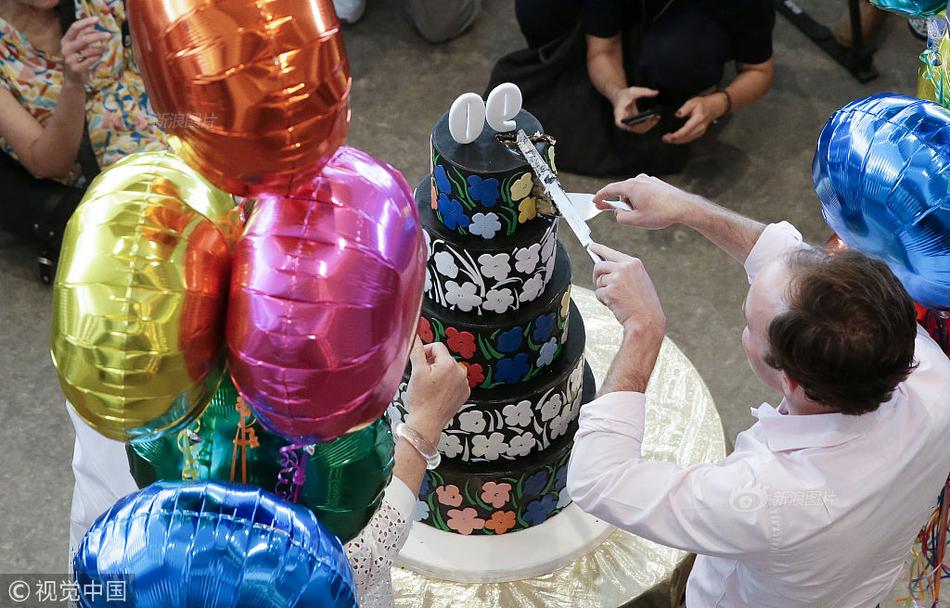 Today's Hurdle hints and answers for May 12, 2025
Today's Hurdle hints and answers for May 12, 2025
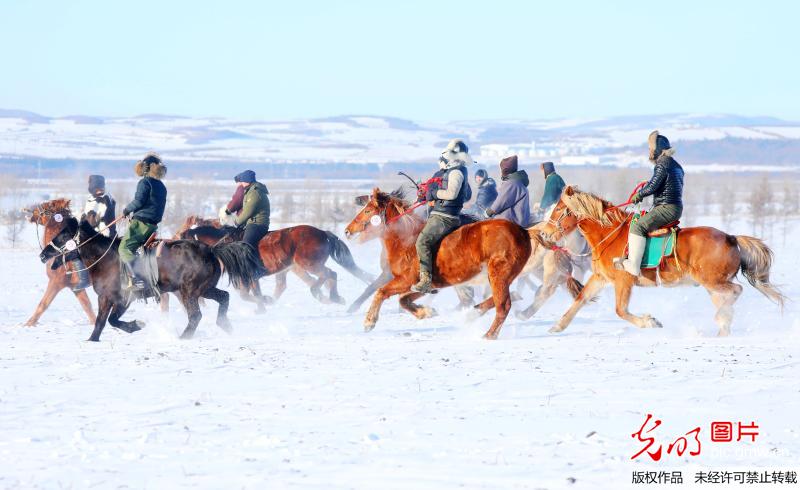 San Diego State vs. Furman live stream: How to watch March Madness
San Diego State vs. Furman live stream: How to watch March Madness
 Don't despair about being single while social distancing. Here's why.
Don't despair about being single while social distancing. Here's why.
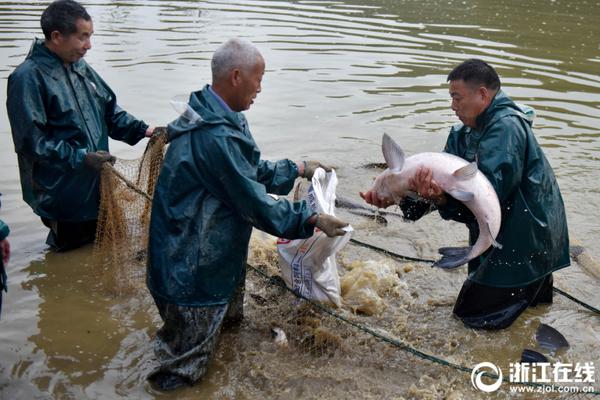 The trolley problem is the perfect meme for our government's pandemic response
The trolley problem is the perfect meme for our government's pandemic response
 NYT mini crossword answers for April 24, 2025
NYT mini crossword answers for April 24, 2025
Trump's new tariff plan spares some smartphones, laptops
 UPDATE: April 13, 2025, 4:00 p.m.Don’t get too comfortable. The tariff exemptions announced Fr
...[Details]
UPDATE: April 13, 2025, 4:00 p.m.Don’t get too comfortable. The tariff exemptions announced Fr
...[Details]
You can't kill coronavirus. That's OK.
 Some viruses look like moon landers.Called phages, they hijack bacteria by landing on the hapless ce
...[Details]
Some viruses look like moon landers.Called phages, they hijack bacteria by landing on the hapless ce
...[Details]
'Quordle' today: See each 'Quordle' answer and hints for March 19
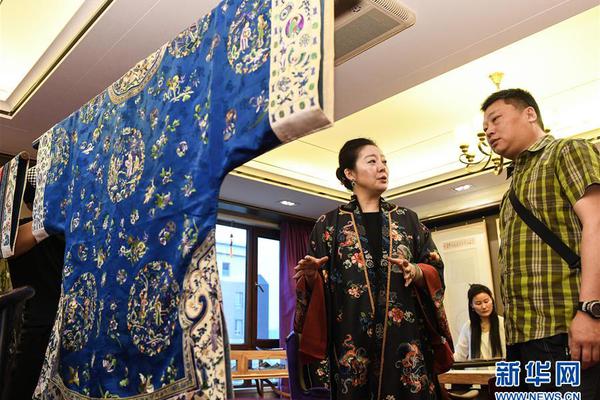 If Quordleis a little too challenging today, you've come to the right place for hints. There aren't
...[Details]
If Quordleis a little too challenging today, you've come to the right place for hints. There aren't
...[Details]
Your national parks are free during coronavirus
 After a woefully delayed, sluggish decision to finally close down the crowded parts of parks during
...[Details]
After a woefully delayed, sluggish decision to finally close down the crowded parts of parks during
...[Details]
WhatsApp launches 'Advanced Chat Privacy' to protect sensitive conversations
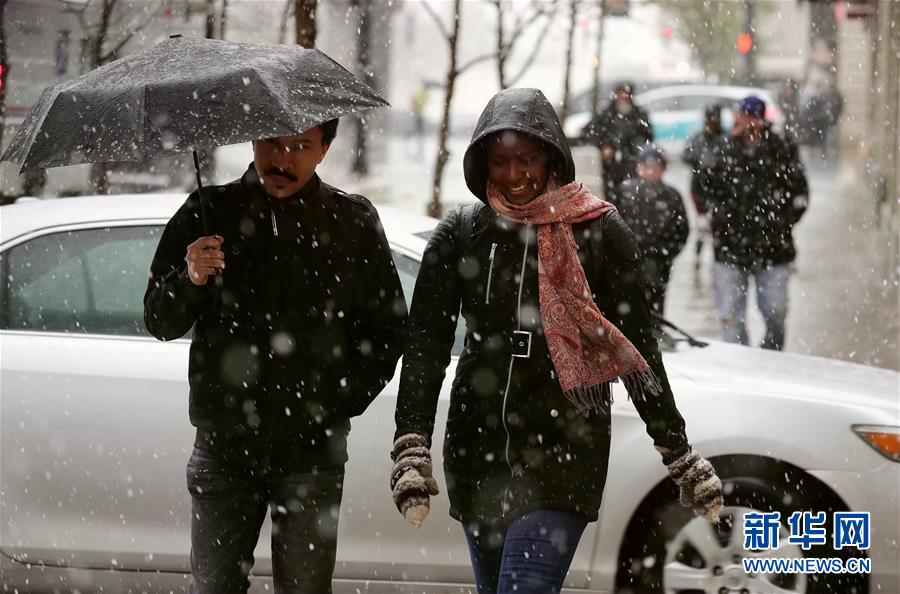 WhatsApp just launched a new level of privacy: Advanced Chat Privacy. WhatsApp has always hadend-to-
...[Details]
WhatsApp just launched a new level of privacy: Advanced Chat Privacy. WhatsApp has always hadend-to-
...[Details]
You can't kill coronavirus. That's OK.
 Some viruses look like moon landers.Called phages, they hijack bacteria by landing on the hapless ce
...[Details]
Some viruses look like moon landers.Called phages, they hijack bacteria by landing on the hapless ce
...[Details]
ChatGPT is down. What we know.
 UPDATE: Mar. 21, 2023, 9:28 a.m. EDT ChatGPT is now working again, with status.openai.com stating th
...[Details]
UPDATE: Mar. 21, 2023, 9:28 a.m. EDT ChatGPT is now working again, with status.openai.com stating th
...[Details]
Apple's iPhone 15 Pro Max might break the record for thinnest bezels
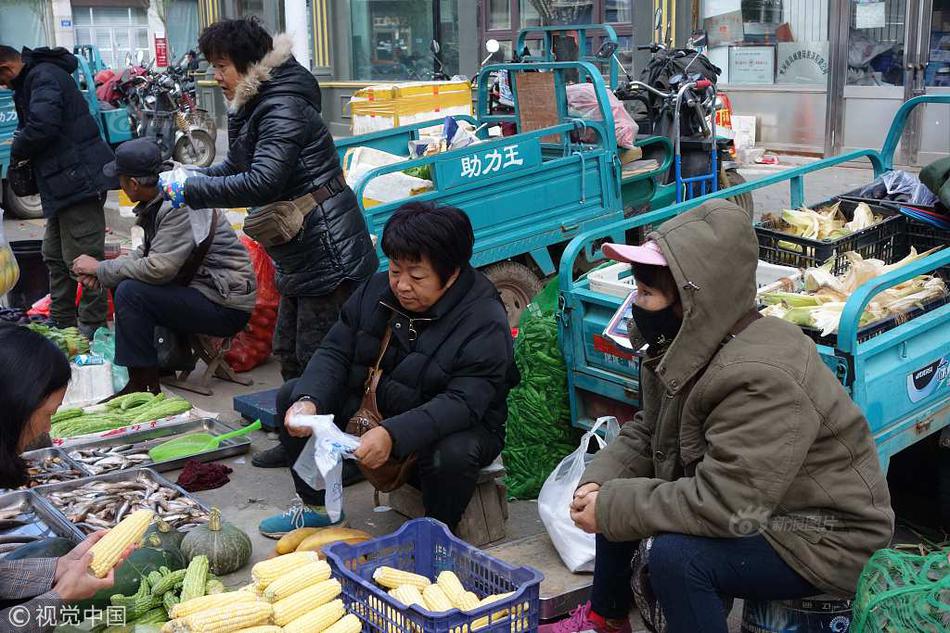 Apple's iPhone X was the phone that pioneered slim, even bezels on all sides (save for the notch on
...[Details]
Apple's iPhone X was the phone that pioneered slim, even bezels on all sides (save for the notch on
...[Details]
Waymo data shows humans are terrible drivers compared to AI
 Now operating in cities like L.A., San Francisco, Phoenix, Austin, and Atlanta, the robotaxis of Way
...[Details]
Now operating in cities like L.A., San Francisco, Phoenix, Austin, and Atlanta, the robotaxis of Way
...[Details]
Dogs and cats are refusing to let their humans work out at home, and it's pretty hilarious
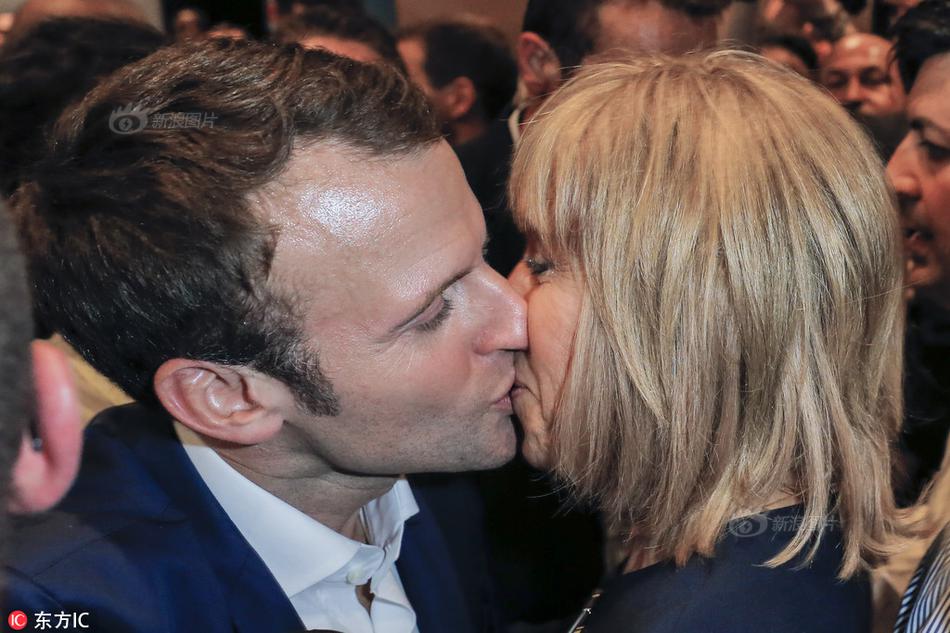 Everyone handles self-isolation differently, but many find it helpful to establish some sort of dail
...[Details]
Everyone handles self-isolation differently, but many find it helpful to establish some sort of dail
...[Details]
Testing Windows 10 Performance Before and After the Meltdown Flaw Emergency Patch
Nasty bug allows hackers to take over many Android phones. Here's what you can do.

接受PR>=1、BR>=1,流量相当,内容相关类链接。